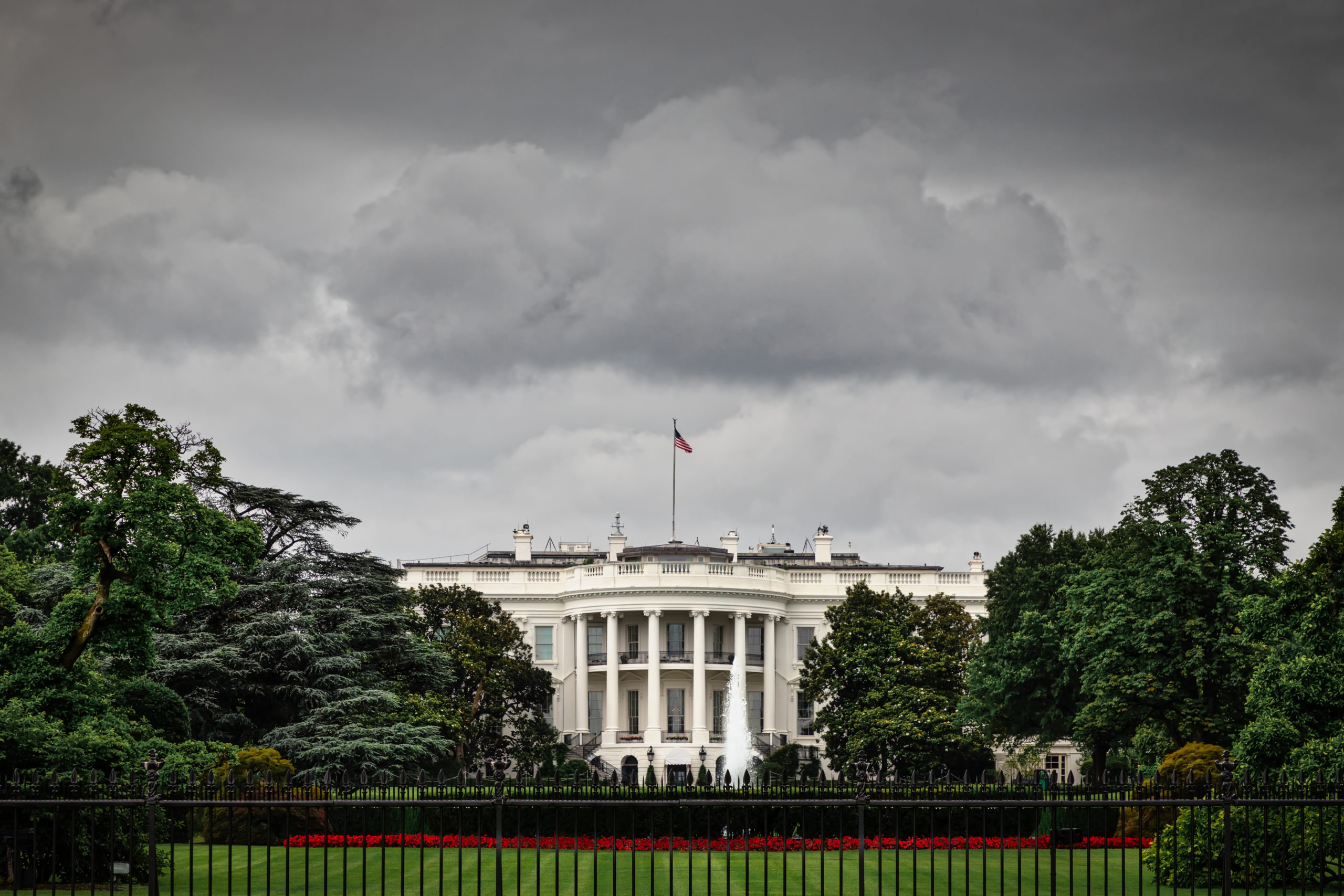Time for President Biden to push emergency powers reform
June 16, 2022 | Richard Gephardt, Gary Hart and Mark Medish | The Hill
The Jan. 6 Committee hearings that began last week will highlight the many ways in which Donald Trump’s presidency exposed the fragility of our democracy. Indeed, Congress has been considering major reform packages to shore up democracy’s guardrails by codifying restraints on executive power. The White House has applauded these efforts, but it’s time for President Biden to ramp up support.
A rare window of opportunity has opened to pass one of these reforms. Congressional Democrats and Republicans have united behind the need to reform the National Emergencies Act — a law that is ripe for abuse in the hands of a would-be autocrat. …
A rare window of opportunity has opened to pass one of these reforms. Congressional Democrats and Republicans have united behind the need to reform the National Emergencies Act — a law that is ripe for abuse in the hands of a would-be autocrat.
As former members of Congress and of the executive branch, we call on President Biden to make good on his pledge to strengthen democracy and endorse this critical measure.
The National Emergencies Act gives the president almost total discretion to declare a national emergency. The declaration may stay in place indefinitely, as the president can renew it every year without limit. While in effect, the declaration unlocks special powers contained in more than 120 provisions of law catalogued by the Brennan Center for Justice.
As the Brennan Center has noted, some of these powers are chilling in their potential for abuse. One law allows the president to take over or shut down radio communications facilities. If the president declares that there is a threat of war, he may also assume control of wire communication facilities — a power that could give him control of U.S.-based internet traffic. Another law allows the executive branch to exert seemingly limitless powers over domestic transportation. Yet another allows the president to suspend the law that bars government testing of chemical and biological agents on human beings.
When the National Emergencies Act was passed in 1976, it included a significant check on presidents’ exercise of these powers: It allowed Congress to terminate emergency declarations using a “legislative veto,” a type of law that takes effect without the president’s signature. In 1983, though, the Supreme Court ruled that legislative vetoes are unconstitutional. To terminate an emergency declaration today, Congress must pass a law that the president signs — or, more likely, come up with a supermajority to override the president’s veto.
Small wonder that several Trump advisors, when seeking to overturn the results of the 2020 presidential election, urged him to declare a national emergency and deploy the powers it would furnish. True, much of what they proposed was pure fantasy — for instance, Congress has not authorized martial law during national emergencies or otherwise. But there’s no question Trump could have used emergency powers to wreak (more) chaos during the transition, and a future president could use them to undermine free and fair elections.
Fortunately, the very thing that makes emergency powers so dangerous — their breathtaking scope — has allowed this issue to escape the usual partisan divide. Lawmakers on both sides of the aisle can all too easily imagine abuses by presidents of the other party. Threats to democracy aside, emergency powers can provide a tempting workaround when policymaking through ordinary channels runs into legal or political obstacles. We saw this in action when Trump declared a national emergency to secure funding for a border wall after Congress refused to fund it.
Lawmakers have lined up behind a simple solution: Emergency declarations should expire after 30 days unless approved by Congress, using expedited procedures that would prohibit filibusters and ensure timely action. Approved declarations could stay in place for one year, with renewals also requiring congressional approval. Presidents would thus have full access to emergency powers in the short term, but longer-term use would require legislative action to guard against presidential overreliance or overreach.
There is overwhelming bipartisan support for this approach. It was originally set forth in a bill sponsored by Sen. Mike Lee (R-Utah) that had 18 Republican cosponsors. The same core reform was then incorporated into various Democratic reform packages, including the Protecting Our Democracy Act, which passed the House last December. A recent hearing of a House Judiciary subcommittee on this topic (at which one of us testified) was marked by a bipartisan tone that has not been seen in that committee since Jan. 6.
Discussions are underway to attach National Emergencies Act reform to the FY 2023 defense authorization bill, which is scheduled for markup this month. The only missing ingredient is President Biden. Although the White House issued a statement of support for the Protecting Our Democracy Act, it has not weighed in on emergency powers reform specifically. It should do so now.
The threats to our democracy today are acute, and unlike anything we’ve witnessed in our combined decades of public service. One of the most important safeguards against executive abuse of power is suddenly and miraculously in reach. If President Biden is serious about protecting our democracy, he will jump at this chance and urge Congress to pass National Emergencies Act reform.
Richard A. Gephardt served for 28 years in the United States House of Representatives from 1976 to 2004, representing Missouri’s 3rd Congressional District. He served as House Majority Leader from 1989 to 1995.
Gary Hart served as a Democratic U.S. senator from Colorado from 1975 to 1987.
Mark Medish served in the Clinton administration as special assistant to the President and senior director for Russian, Ukrainian, and Eurasian Affairs on the National Security Council from 2000 to 2001.
All three are co-founders of Keep Our Republic, a non-partisan civic education organization dedicated to protecting a republic of laws and strengthening the checks and balances of our democratic electoral system.


